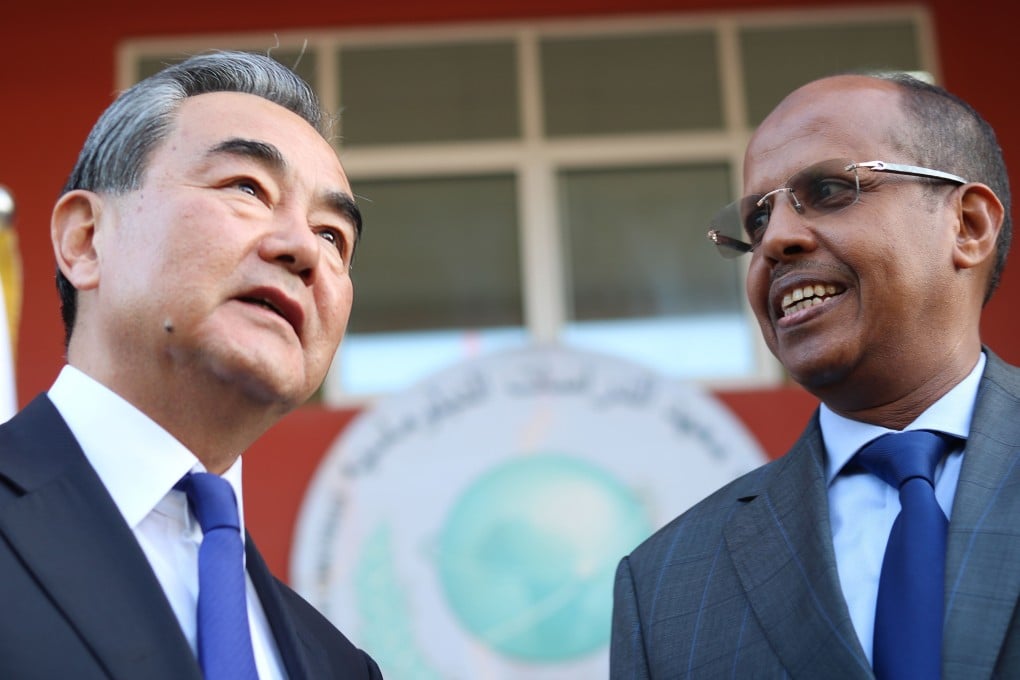China’s Uygur policy, human rights defended by Wang Yi during Africa trip, amid latest US call for sanctions
- Measures in Xinjiang are in line with UN and international anti-terrorism policies, Wang says as he hits out at West’s lack of respect for Muslim countries
- Uygur detainees were retrained and now live ‘peaceful and secure lives’, foreign minister says

Speaking in Cairo on Wednesday, Wang said China had responded to a United Nations’ call to use development, education and other resources to curb extremist religious thought.
Beijing’s policies “echoed” the principles in the UN’s 2015 “Plan of Action to Prevent Violent Extremism”, as well as the experiences of countries such as Egypt, Saudi Arabia, the United Arab Emirates, France and the United States, he said.
Wang was speaking a day after US legislators released a report calling on US President Donald Trump’s administration to impose sanctions on China for human rights abuses.

The Congressional-Executive Commission on China charged that Beijing may be committing crimes against humanity with the incarceration of more than 1 million people in the Xinjiang Uygur autonomous region.